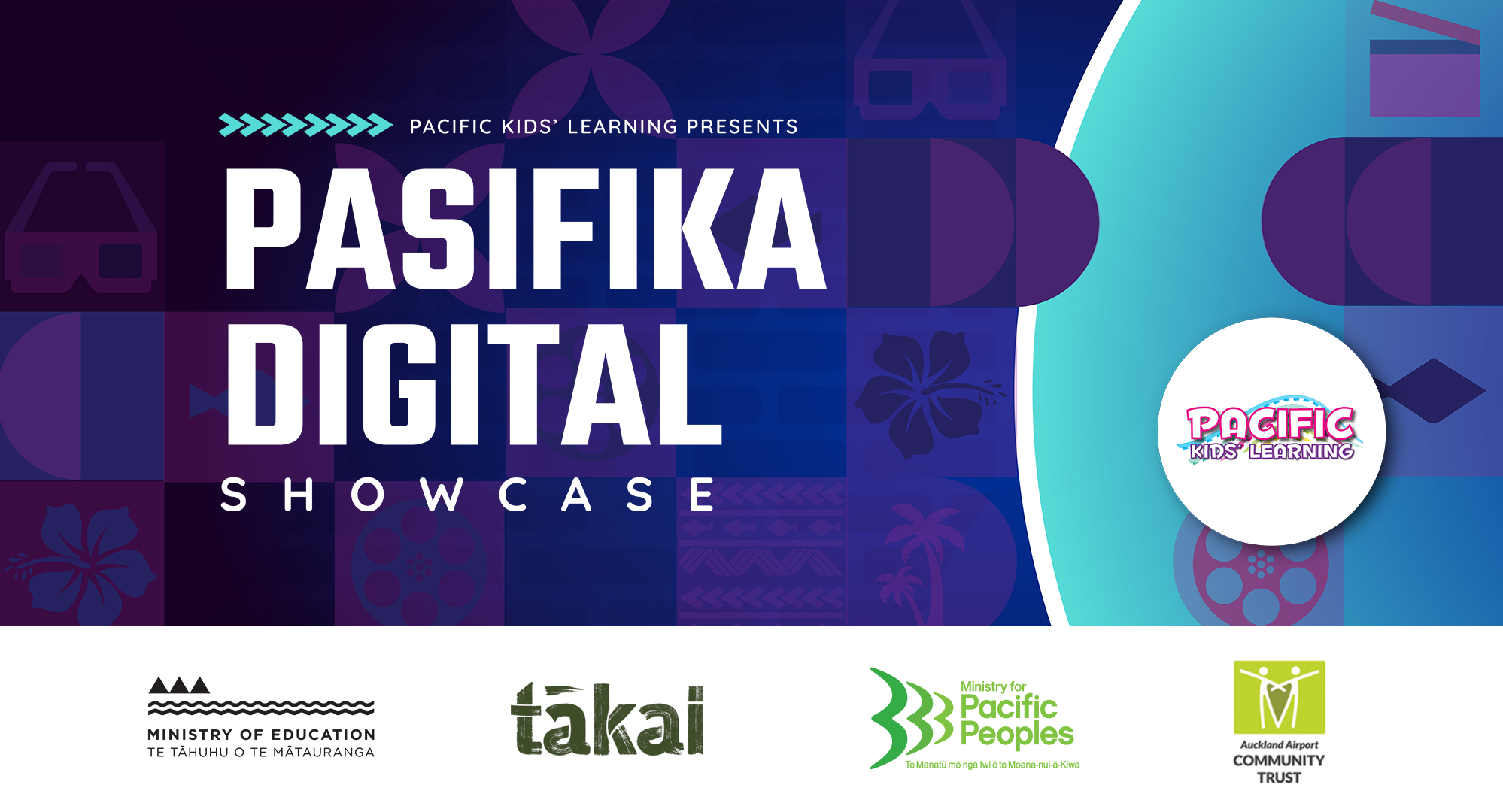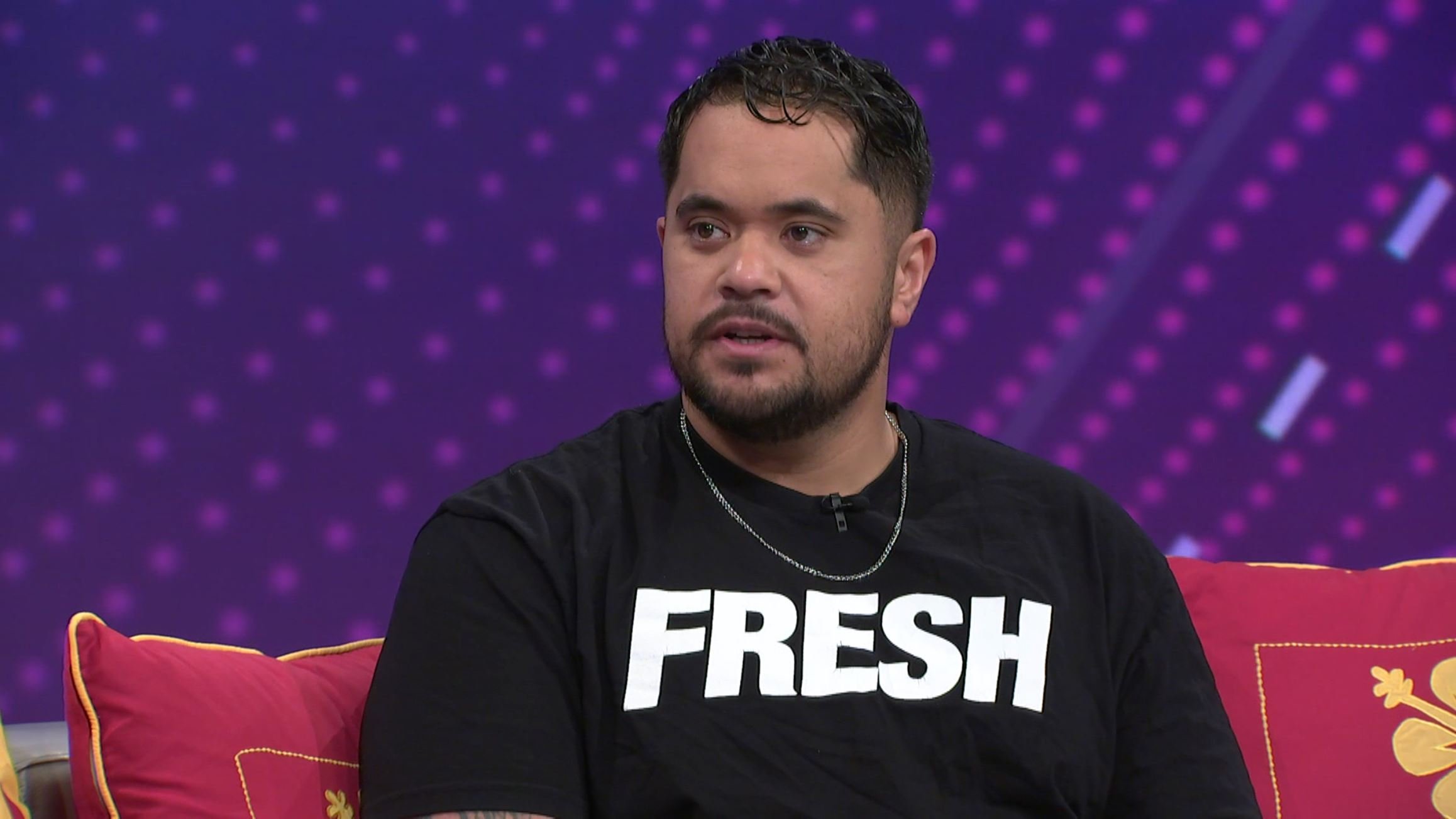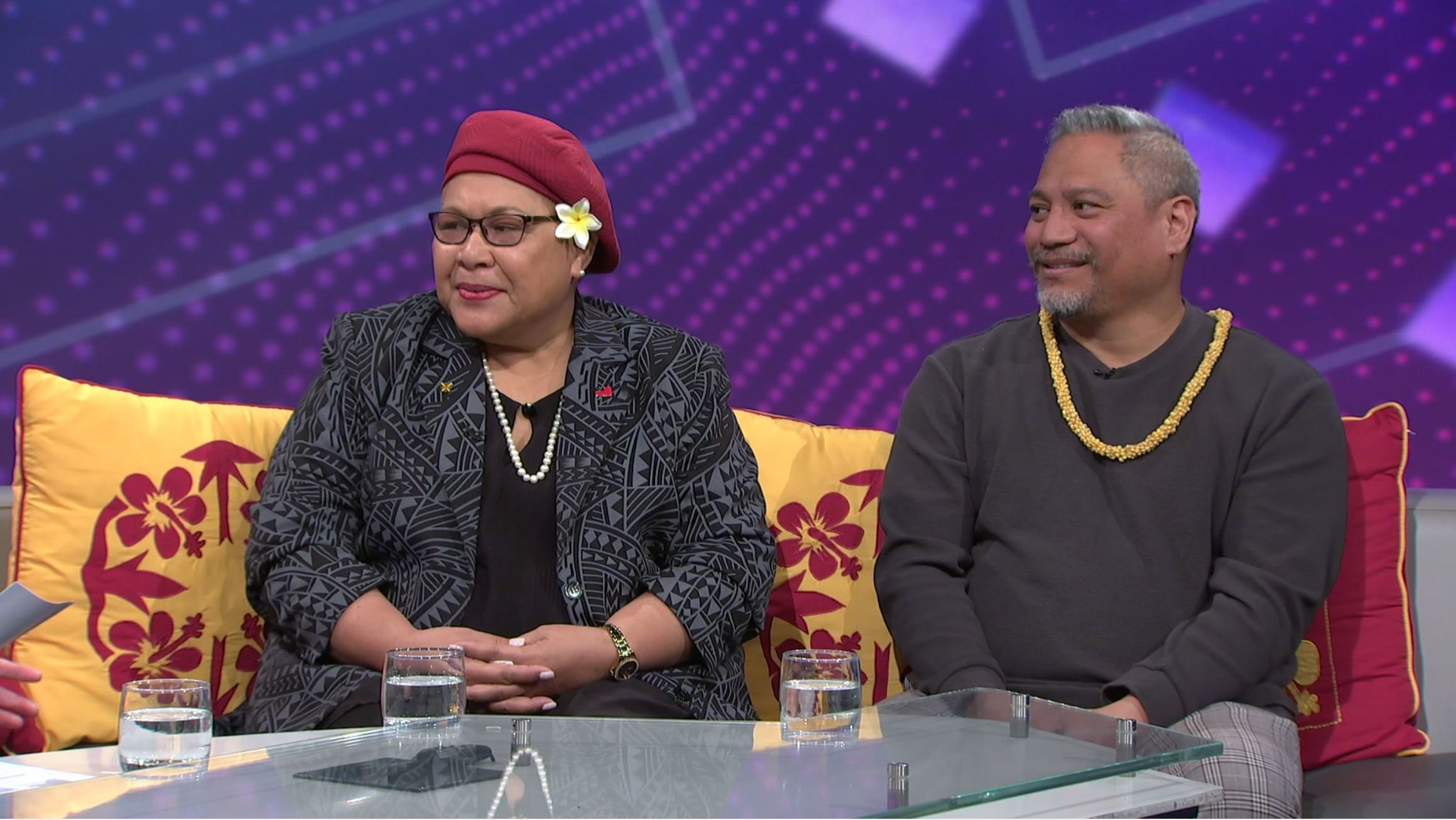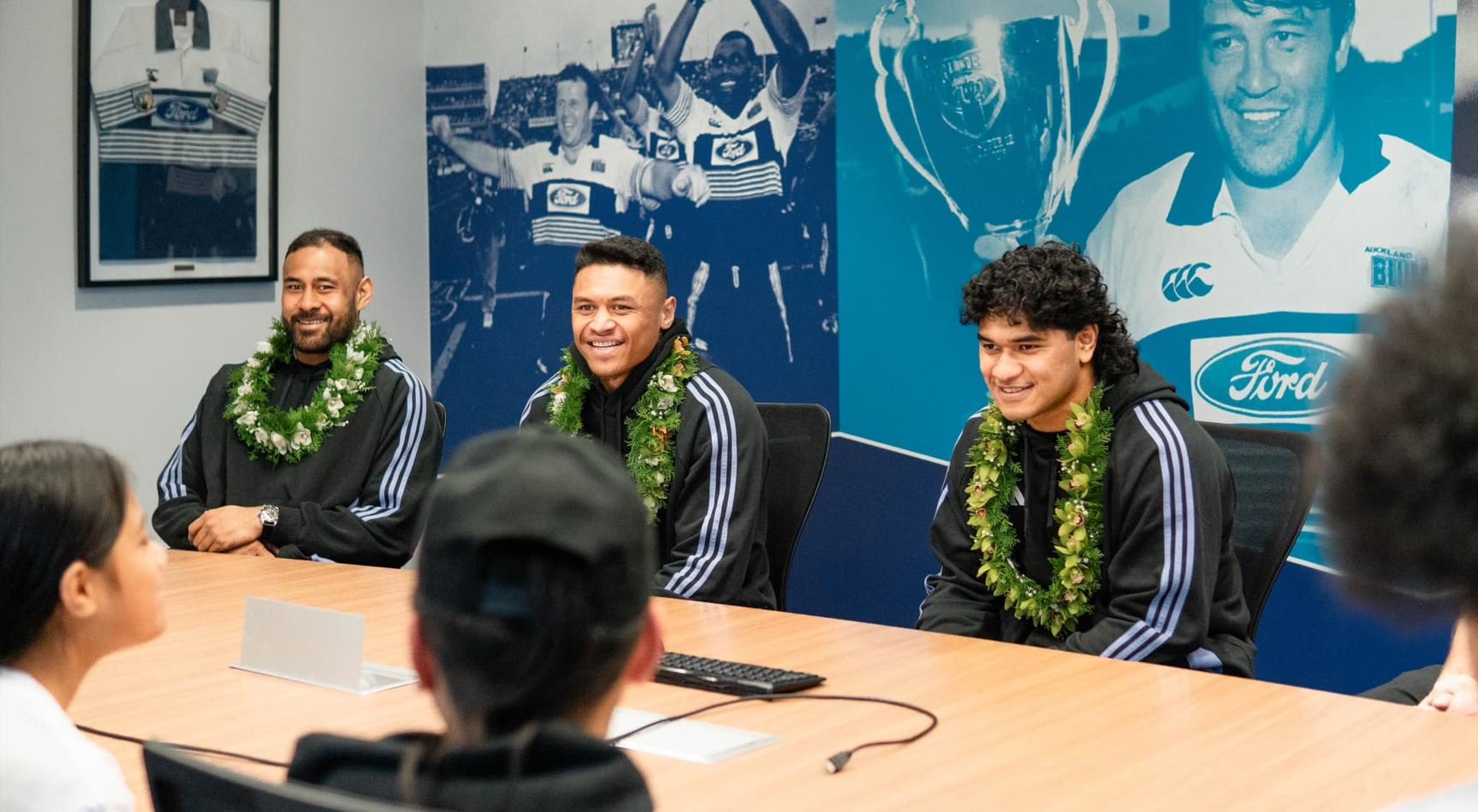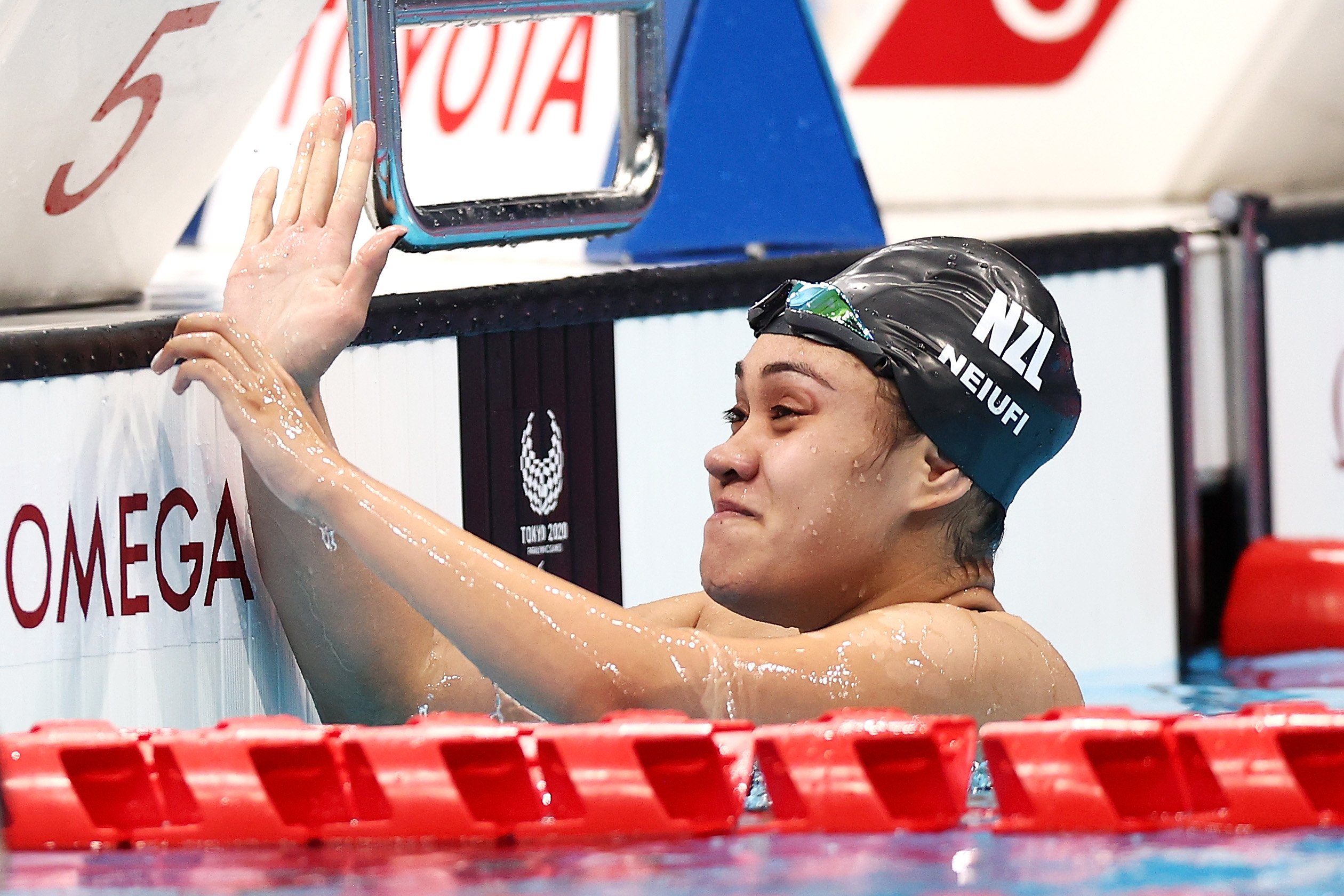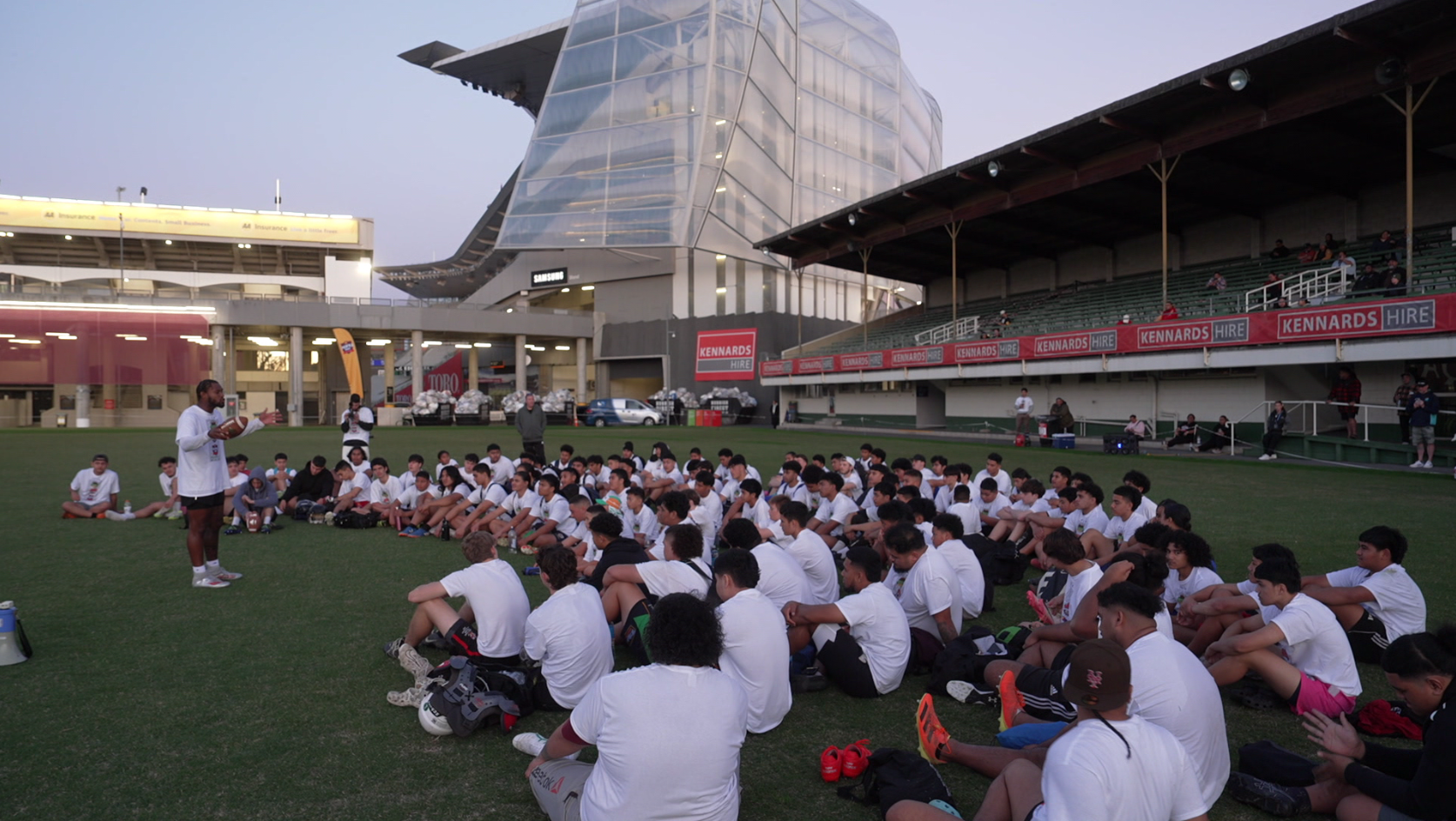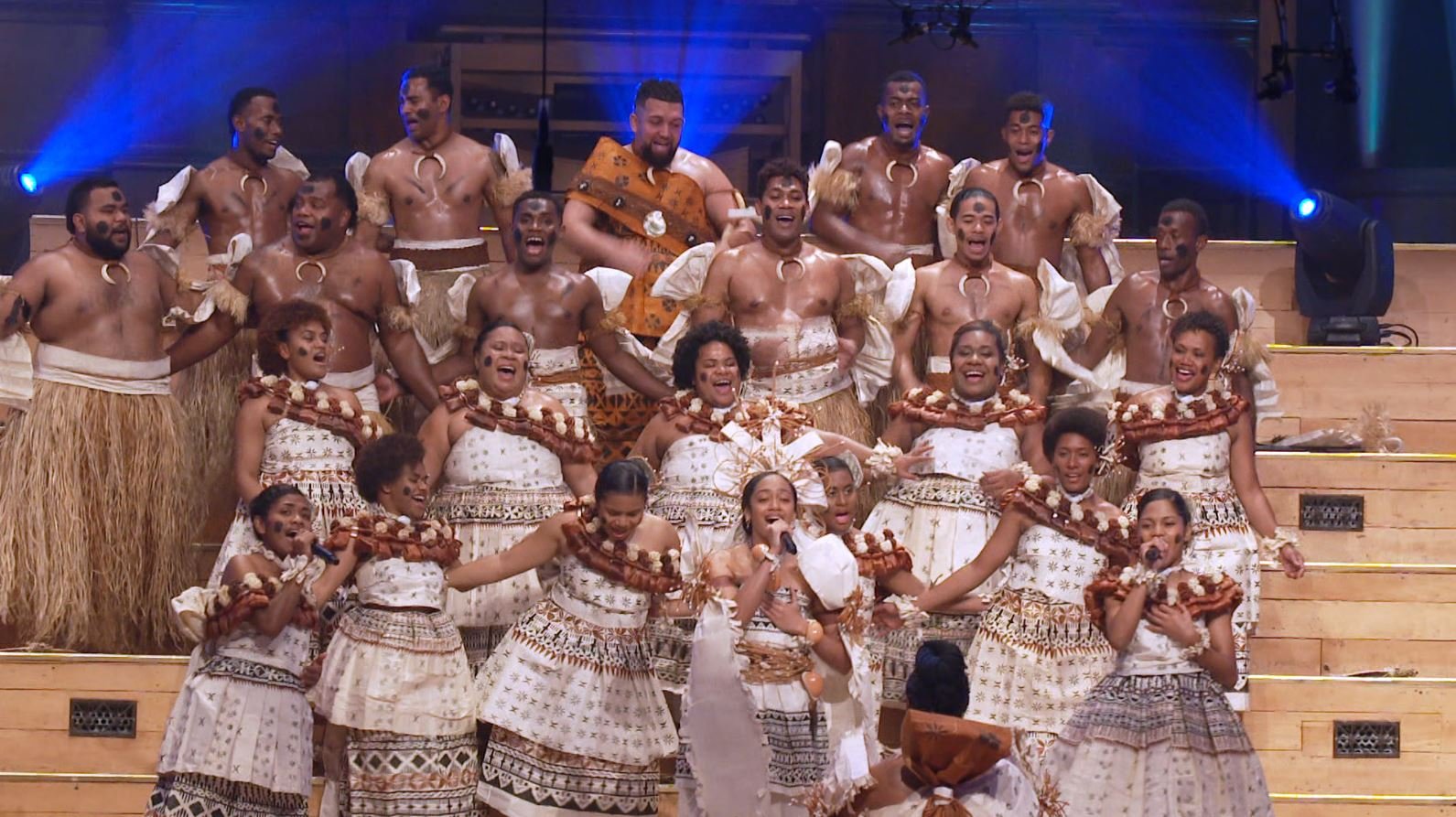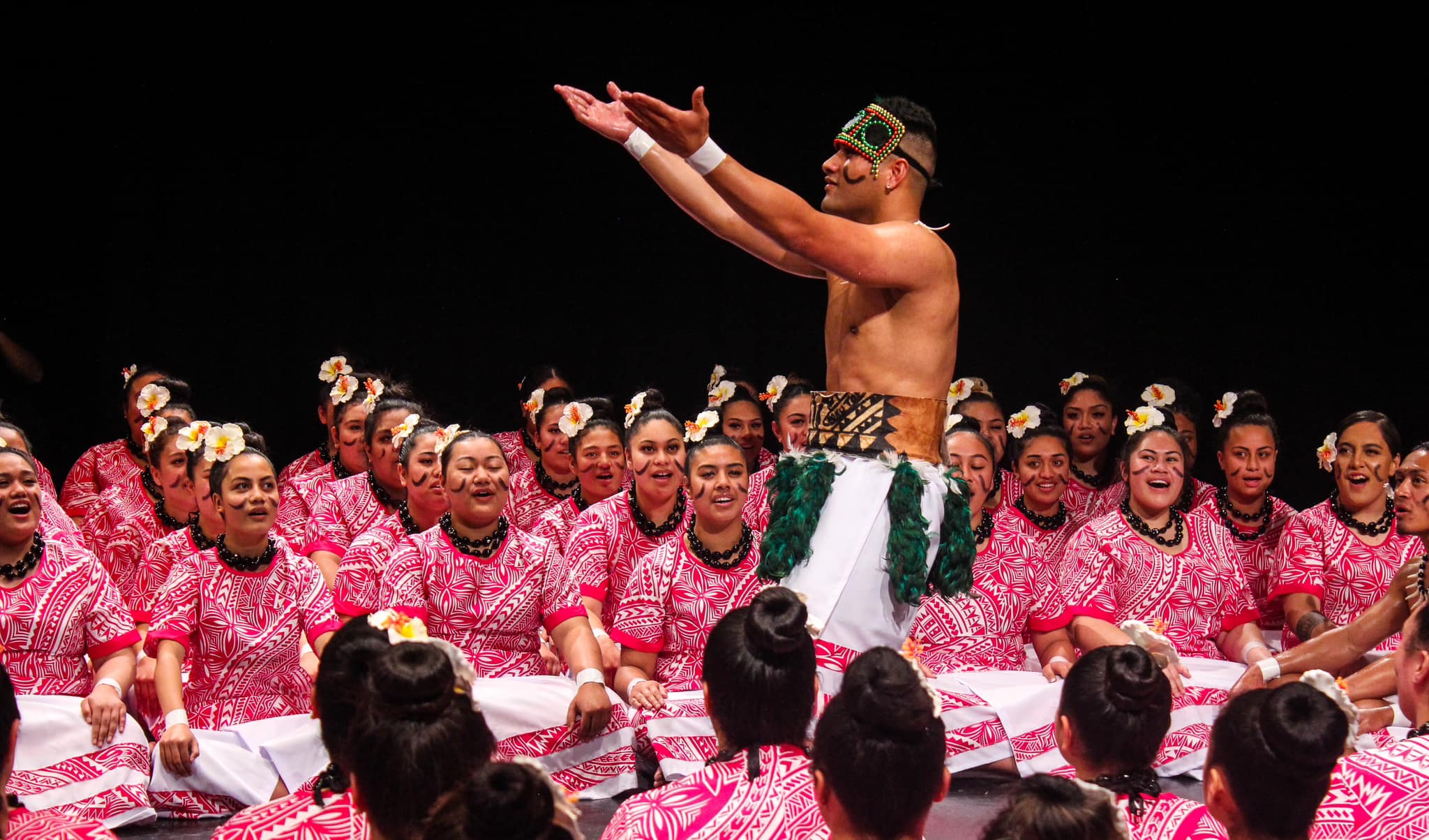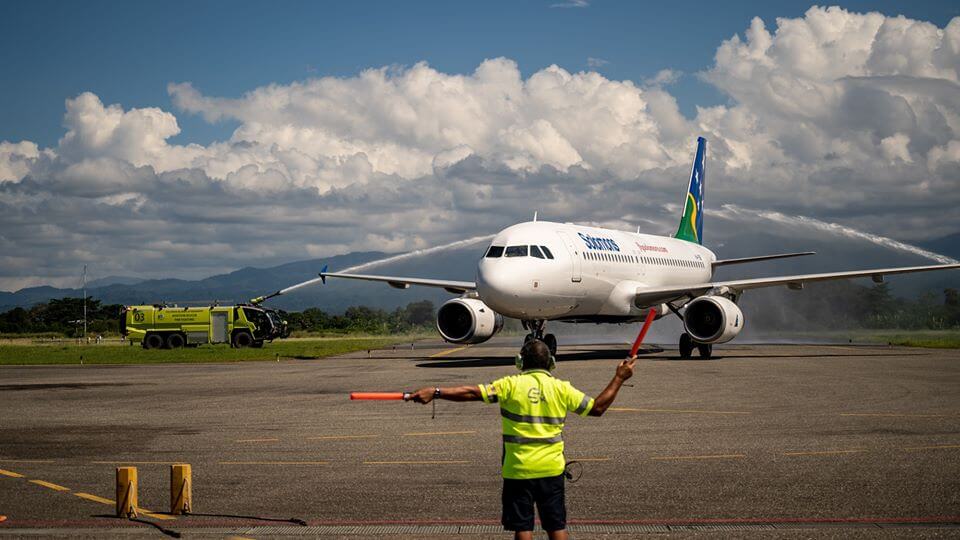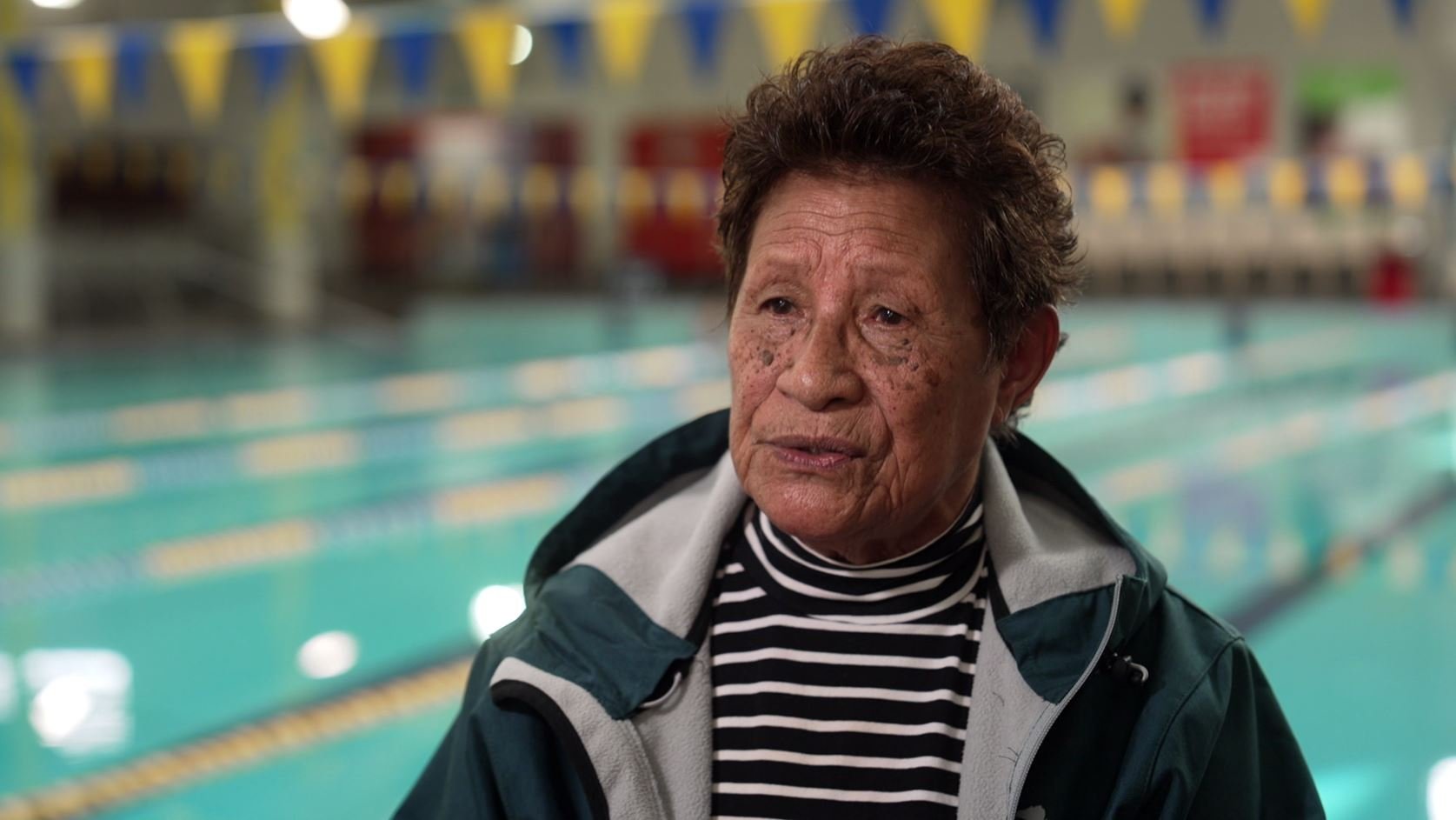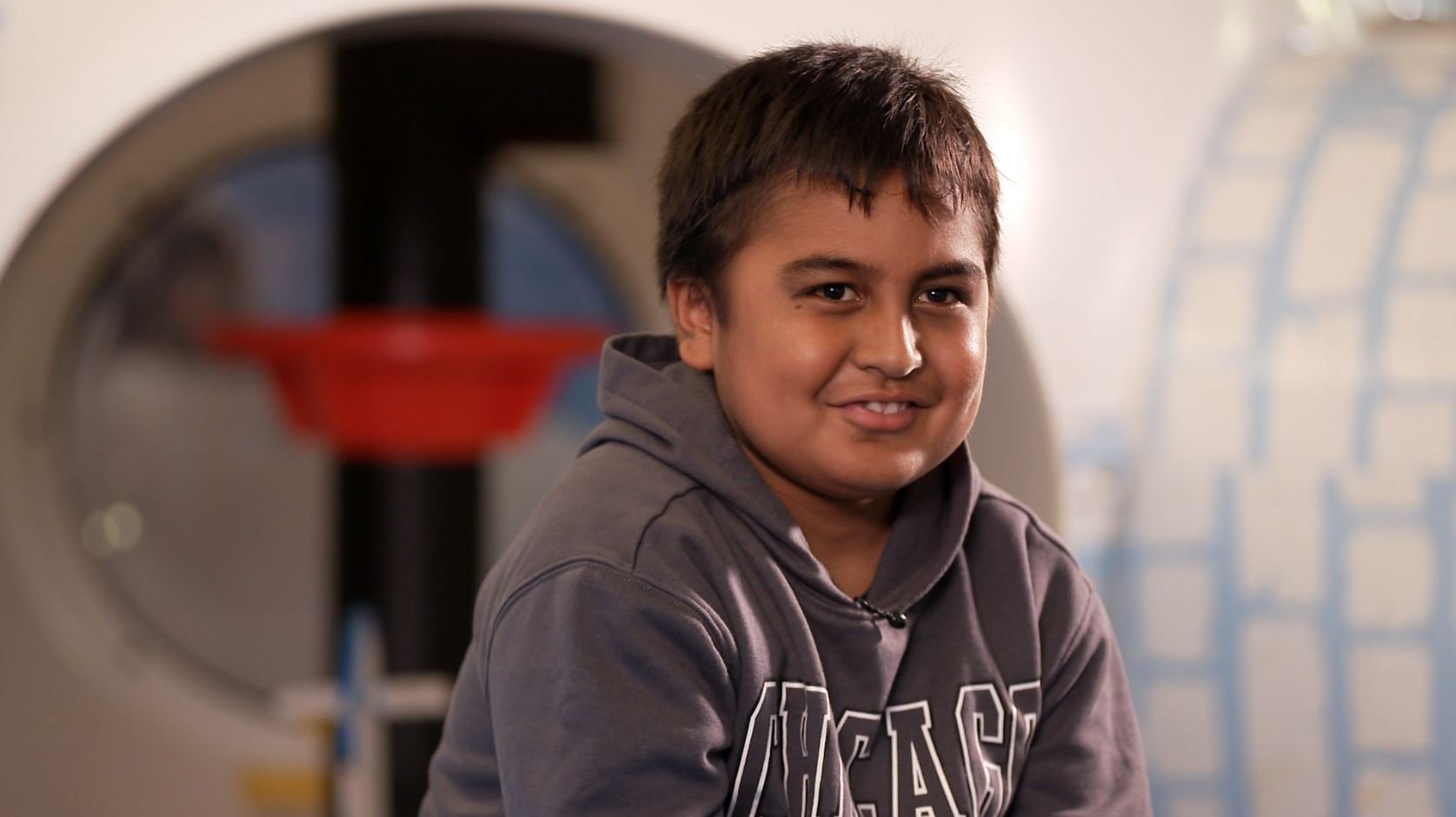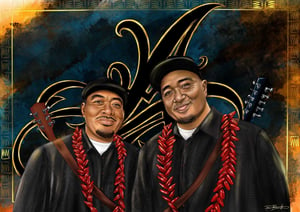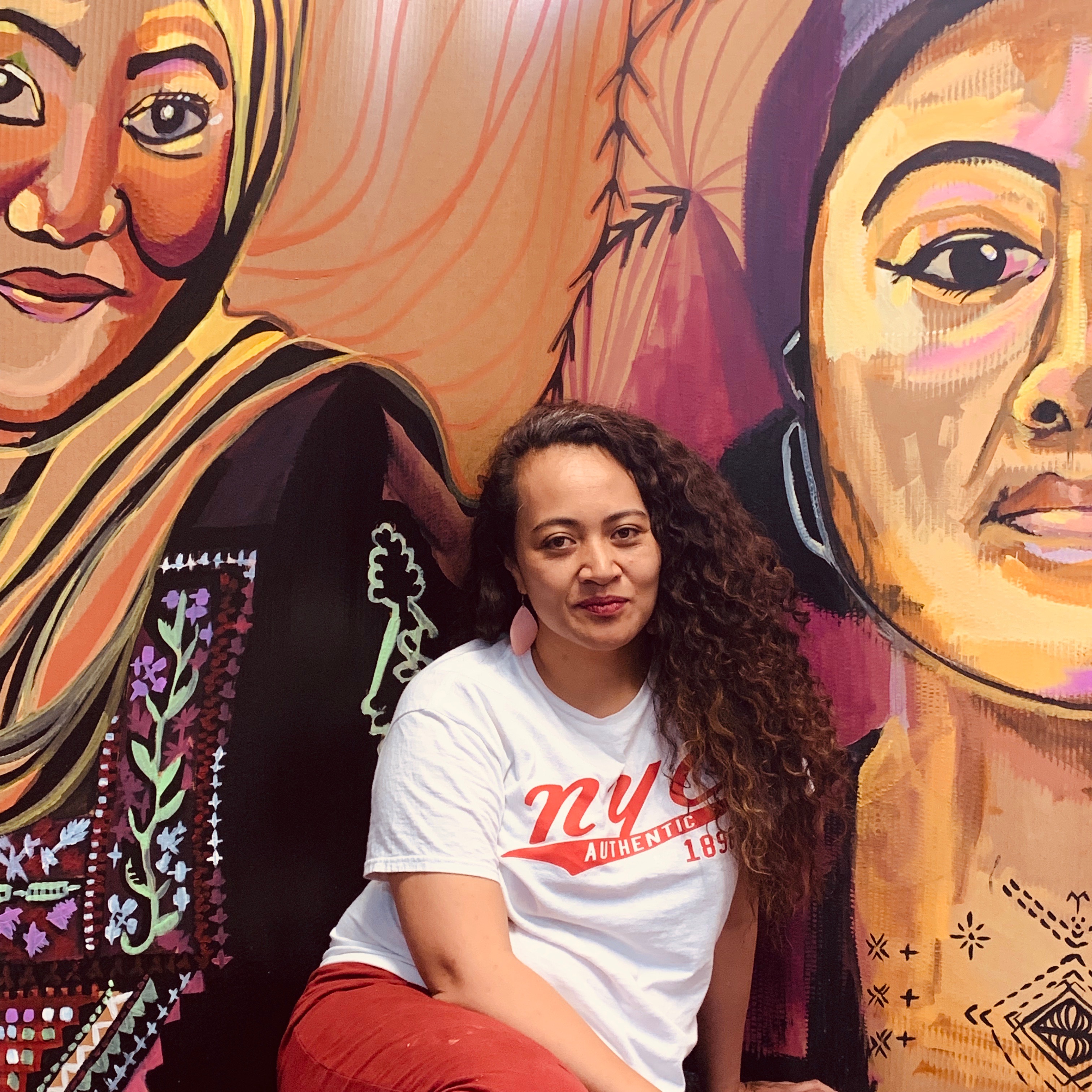
Tongan artist Vaimoana Niumeitolu has quite the family legacy. Her mother Dr Litia Makakaufaki Niumeitolu is the first Tongan woman to receive her PHD in Computer Science and Mathematics. Her grandfather Dr Siaosi Niumeitolu opened the first free healthcare clinic in Papua New Guinea and operated his own practice in Nuku’alofa, Tonga. Yet Vaimoana found her calling in the arts.
“I asked my mum, ‘Did you ever think your kids would be artists?’ and she said, ‘I thought my kids would be engineers or accountants!’”
Born in Vaiola Hospital in Tonga and raised in Hawai’i and Utah, Vaimoana Niumeitolu has made a name for herself in the arts world as a Pacific poet, actor and artist. She founded the Mahina Movement, an all-female trio who tell their personal and political stories through performance. 24 of Vaimoana’s community murals stand across the US, Africa, Australia and The Middle East. But growing up in Provo, Utah, she struggled to accept herself as a Pacific woman.
“It’s a white, Mormon, Republican, conservative community. That’s not me. I left the Mormon church when I was 16 and I wanted to be an artist. Growing up in Utah, I never thought I was beautiful; I always thought I was ugly. It’s not that I wanted to be white; it’s just that I had this notion that white is beautiful and brown is not so beautiful. Now, I love it!”
Despite spending a majority of her life growing up away from the Kingdom, Vaimoana strongly identifies with her Tongan heritage.
“One of the most important experiences that I had was with my grandfather Dr Siaosi Niumeitolu. Later on in life he got prostate cancer, and he came to Utah to get treatment. When I met him I was only 21 years old and struggling with my identity. You know, on the East coast they’ve never heard of Tongans. All the Tongan community came to our house to visit him. This woman came and she started speaking to me in Tongan, and I didn’t respond to her in fluent Tongan. She was like, ‘Why aren’t you speaking to me fluently in Tongan? You’re Dr Siaosi Niumeitolu’s granddaughter! You should be ashamed of yourself!’ And I’ll never forget it. My grandfather is sitting in his bed and he says, ‘How dare you talk to my granddaughter like that? She could speak Spanish, she could speak Mandarin, Arabic or English. She could speak any language or go to any place in the world. And she will always be Tongan because she is Tongan.’ And after that he just told me, ‘You know Moana, being Tongan is your heart. And you carry that everywhere.’ That just gave me the confidence to just go out into the world. If people didn’t know I was Tongan, it didn’t matter anymore because I knew I was.”
Her newfound confidence was sorely tested during her tertiary studies as she pursued her passion for the arts. Graduating from New York University in painting and performance, she also received the Ellen Stoekel Fellowship in painting and drawing from Yale University and attended the Graduate Program in Acting at Columbia University. Throughout her time in college she never encountered Pacific artists in her course of studies.
“You always learn about European history and European artists. And so then, by not learning your own culture, you’re like, ‘In order to be noticed or visible I must be more European, I must like that certain aesthetic.’ When I went to Yale, all those professors were like, ‘You’re not a painter.’ The whole Art School way of just breaking you down and building you up with their definitions and their conversations of the world… I was like, ‘Nah I’m Tongan, man.’”
Recently, Vaimoana was awarded the Tautai International Arts Residency for 2019 which allowed her a month in Aotearoa. She conducted research for her next piece of work and met with the Pacific artists who eluded her tertiary studies.
“I’ve gotten to go to the libraries, museums, different exhibits, different art shows, film screenings… I just think it’s absolutely beautiful. Shout out to all the Māori artists that I’ve met – just meeting their hearts and the way that they’ve been talking about their practices. I live in New York, I don’t see Māori and Pacific artists every day! That indigenous knowledge that I hunger for, I’m no longer reading it in a book – I’m actually getting it from contemporary artists that are living. That is so precious.”
The Tautai residency has imbued Vaimoana with a deeper understanding of Pacific people and the many issues they face. She aims to create new work which will give voice to these concerns.
“There are all these things that need to be said, like climate change. Many of the people who it hits first are Indigenous Oceanian people. I wanna talk about our leadership and empowering people. Our young people, I’m just so excited by them and what they’re doing. I wanna talk about US military bases all over Oceania and how it’s impacted us in physical, intellectual and emotional ways. I wanna talk about Pasifika women, how they have time and time again held on to our cultural leadership and how they’ve held families together, held communities together, despite not having mass visibility. I wanna talk about our well-being, our mental health. The Tautai residency has brought me that much more strength and power that I’m gonna just go back to New York City and be like, ‘Yo, you better listen now!’”
